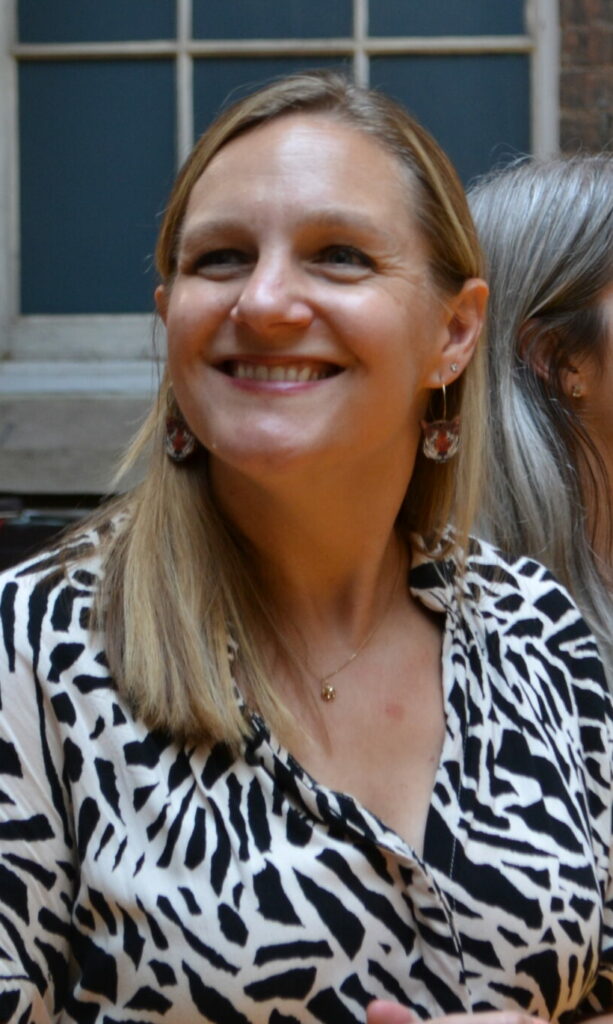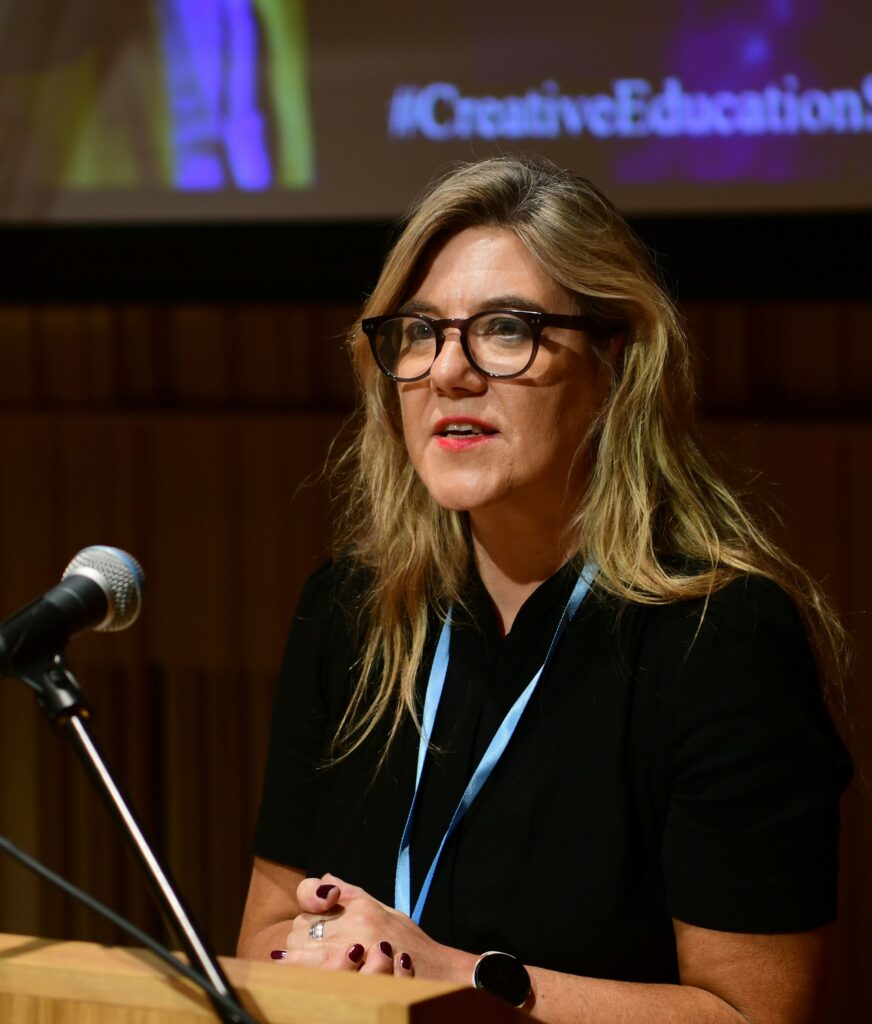Rachel is also project manager for the Sexual Consent Education project the University.
University Alliance recently held a seminar for members to share institutional approaches to policies and practice on sexual harassment and misconduct. Rachel Payne, Principal Lecturer in Student Experience, shares the lessons learned from Oxford Brookes University.
In the wake of the horrific murder of Sarah Everard, thousands of sexual misconduct disclosures were posted on Everyone’s Invited by young people. In response, the Government is challenging educators to demonstrate thorough child- and student-centred safeguarding measures. For example, in June Ofsted published the Review of Sexual Abuse in Schools and Colleges where they ask how student voice is facilitated and reporting of sexual abuse enabled, wherever it occurs. The Department for Education revised Keeping Children Safe in Education in 2021 with more than 60 updates and published September 2021 guidelines for leadership teams.
Universities are equally being held to account. In April 2021 Nicola Dandridge, Chief executive of the Office for Students (OfS), published a blog post where she outlined 7 statement of expectations for HEIs to action by September 2021.
Whilst universities have been addressing harassment and sexual misconduct in a way that, until very recently schools have not, it is clear that purposeful action is needed to provide safe campuses for all. In 2020 Empowered Campus reported that 1 in 3 female students in the UK experienced sexual assault, yet 97% of students do not report their assault to their university. In over 50% of cases the perpetrator is another student and 30% of assaults happen on campus. 71% of males who experience sexual assault deal with it entirely alone.
This was the subject of a recent seminar organised by University Alliance, which bought together members to share institutional policies and practice on sexual harassment and misconduct.
At Oxford Brookes University we believe that everyone deserves to be treated equitably and respectfully, to be heard and valued, and to access accurate information so that cognisant choices can be made. We know this is rarely straightforward when considering issues of consent. This is why over the next 3-5 years, staff and students across the University are designing a sexual consent education programme which will support everyone to engage with the complexities of consent. Together we are striving for a safe and respectful campus for all.
This ambitious project would not be possible without financial commitment from the University. The project began as a small feasibility study in 2018 examining students’ perceptions of what a consent education package could look like. By positioning the project as research, and engaging in thoughtful dialogue with students, I was invited to submit a business plan for the first phase in January 2020 – and we haven’t looked back since.
We are working closely with Brookes Union and external consultants as well as key colleagues, and our initial priority has been to establish an online resource addressing the complexities of sexual consent. To achieve this we have partnered with leading UK sexual health charity Brook Young People.
From September 2021 students will have access to 5 interactive online modules which consider the meaning of consent; myths and the law; ambiguities of consent including active and passive consent, and verbal and non-verbal communication of consent. Advice, support and reporting systems within the University, regionally and nationally are highlighted.
The modules are not mandatory; however, data will be collected to ascertain how students engage with the modules. For those who complete all modules there is a short feedback questionnaire capturing student experiences, and identifying future educational opportunities.
Student participation is vital and we are keen to develop a trauma-informed staff-student dialogue which breaks down issues of mistrust. This year the sexual consent modules were trialled by students studying from foundation to postgraduate level, and by a small group of staff. Their recommendations have influenced revisions to Brook’s modules and shaped our focus for 2021-22. For example, acknowledging that an isolated online resource does not make an effective education programme, we aim to expand module content into a student-led podcast series exploring intersectional experiences of sexual consent; positions of trust between staff and students; and toxic masculinity. By-stander training and designing an in-depth fresher’s week programme for September 2022 are also priorities.
Whilst the modules are designed for students they will also be accessible to staff. In this way staff can better support students who are affected by sexual misconduct and violence. We believe that staff training is an essential preventative measure, and in the coming months will establish a programme for staff development too.
As I type this, I am busy negotiating a new web landing page to house the modules and ensure student communication is in place for September enrolment. I’m nervous about how the modules will be viewed by students but welcome an open, thoughtful and safe dialogue so that we can shape the programme to best suit our community. I have no doubt it will open up difficult conversations, but we must listen as well as act if we are to achieve lasting change.




